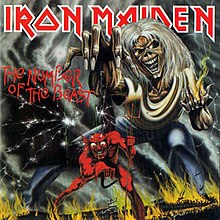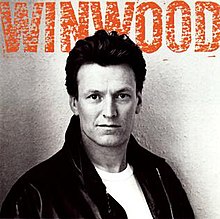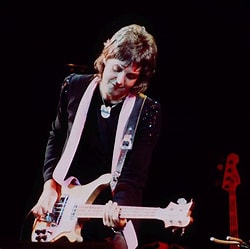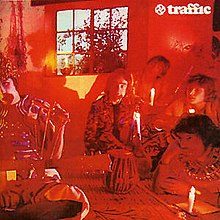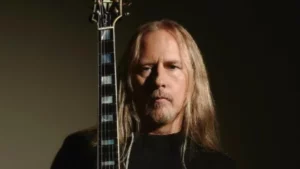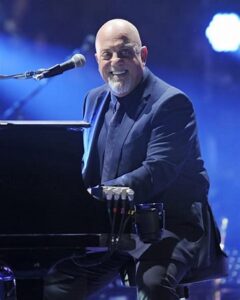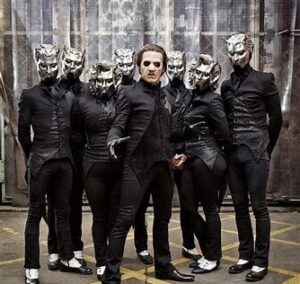British Rock
Rock ‘n’ Roll managed to make it over to England where it became as popular as it was in the U.S. Being away from the U.S., British kids didn’t really differentiate between Rock ‘n’ Roll and R&B, which also became extremely popular. When British musicians started aping these records they added their own perspective. It worked, and for a time, British Rock ruled the world.
Like the rest of the world England was reeling from the Great Depression in the late 1930s. On top of that, the U.K. was still recovering from the devastating losses of World War I, a war England and its allies “won.” But even through these hardships England was still a world power. Then, with the German invasion of Poland, they entered their second global conflict in a little over twenty years.
During WWII, the German Luftwaffe mercilessly bombed Britain, and the threat of invasion was ever present. Nearly all of the lads who would take the musical world by storm in the mid-60s, were born during this period.
Germany was finally defeated in 1945. Though England was on the winning side, you’d hardly know it. They began, with the rest of Europe to dig out of the rubble. Even in victory, Britain’s days as a world power were done. Soon the U.S. and the Soviet Union were battling for influence and power around the globe. Throughout the remainder of the century England, sometimes unwisely, tied its foreign policy to the U.S.
During the 1950s, life in England was bleak. The economy never really got in gear and opportunities were limited. The sun, which once never set on the British Empire, was going down fast. Given the environment it’s hardly surprising that American Blues resonated so deeply. And when Rock N’ Roll hit, it was like a godsend for young people, an escape. Elvis Presley was huge, even though he never did a show in England.
John Lennon, an ex-art school student, and Paul McCartney, with George Harrison in tow, chased the Rock N’ Roll dream. Lads with limited expectations, stuck with Rock N’ Roll far longer than any sane person with options would have, bounced between Liverpool and Hamburg, cutting their teeth and earning their chops, until they made their fateful trek to London with manager Brian Epstein.
All of this might have been marginal interest to the general English population if not for some remarkable, if totally coincidental, timing by The Beatles. In England (as elsewhere), scandals were the main diversion (from the hardships of everyday life). Just as the Christine Keeler-Profumo (a government official) faded, The Beatles arrived. With a void in the news cycle, The Beatles captured their country’s imagination. Liverpool and the so called Mersey Sound, after the Mersey river, was a musical hot spot. Rock N’ Roll entrepreneurs journeyed north to find the next Beatles. They came up empty on that count, but they did find a few groups who managed to be successful. But not everyone saw this as a good thing. The Daily Worker, Britain’s communist newspaper claimed “the Mersey Sound is the voice of 80,000 crumbling houses and 30,000 people on the dole.” Meanwhile, in London, a sea of Blues/Rock fanatics practiced their craft, finally morphing into the Rolling Stones, Animals and Yardbirds – among others.
But what about the rest of the world? America was the key.
In the U.S. radical change was at hand. On November 22nd, 1963 President Kennedy and his wife made a campaign stop in Dallas, Texas, in preparation for the ’64 elections. The president was shot and killed. The nation and the world mourned. There was disbelief. “How could such a thing happen?” “What was wrong with society? It seemed that youthful vibrancy and optimism that JFK represented departed with him. As a country the U.S. was in a deep depression.
Would The Beatles be successful in the U.S.? Quite frankly, the odds were against it. No British pop star had ever cracked the U.S. market. Why should The Beatles be any different?
Well, they had a couple of things going for them. First, American television show host Ed Sullivan, seeing the group’s popularity in Britain, thought he’d give them a shot on his weekly variety show. But more importantly their cheerful yet cheeky exuberance was just what the U.S. and by extension, the rest of the world, needed.
Like Elvis eight years earlier, The Beatles kicked open the door for countless others. Soon the world beat a path to London, and there was a massive search for musical talent. Interestingly, the British music scene split into two camps – the pop side and the more “serious” Blues oriented groups. American Blues performers heavily influenced the Rolling Stones, Animals and Yardbirds. All the people who laid the groundwork for Rock n’ Roll and whose music had been nearly forgotten in the U.S., were re-discovered by these British musicians.

